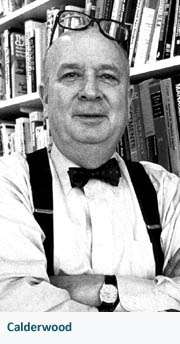Nice Above Fold - Page 1008
Digital Opportunity Investment Trust Act, 2002
On June 10, 2002, Sens. Christopher Dodd and James Jeffords introduced a bill (S. 2603) to authorize the investment of spectrum auction proceeds in public-service content for digital media, apparently inspired in part by the Digital Promise Project of 1991. Rep. Edward Markey earlier introduced a similar bill in the House. The Senate bill was referred to the Committee on Health, Education, Labor and Pensions. A BILLTo establish the Digital Opportunity Investment Trust. Be it enacted by the Senate and House of Representatives of the United States of America in Congress assembled, SECTION 1. SHORT TITLE. This Act may be cited as the `Digital Opportunity Investment Trust Act’.
- CPB was a lead funder of the report on schools and the Internet, “Are We There Yet?,” released yesterday by the National School Boards Foundation. Primo soundbite on NPR jibed the schools for depending heavily on kids for computer setup and troubleshooting. Schools use the Web mostly for teachers’ research and lesson planning, very little for students’ work, report says.
- “Could it be that [Bill] O’Reilly is living up to the old reporter’s saw of not letting the facts get in the way of a good story?” So asks NPR Ombudsman Jeffrey Dvorkin in his latest “Media Matters” column, which addresses the perennial complaint that NPR is too left-wing. (O’Reilly in Current, 3/25/02.)
Series founder Stanford Calderwood dies
Stanford Calderwood, who served only a few months as president of WGBH, Boston, but initiated one of its most enduring franchises, Masterpiece Theatre, died May 9 [2002]. He was 81. Calderwood brought together costume dramas from British TV producers with a long-term underwriter, Mobil Corp.—a formula that defines the series today, more than three decades after it went on the air in January 1971. He served in World War II before entering journalism and becoming a marketing exec for Polaroid Corp., based in Cambridge, Mass. After putting Polaroid money behind Julia Child and other WGBH projects, he succeeded Hartford Gunn as president of the station.
Featured Jobs



